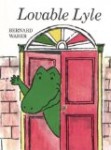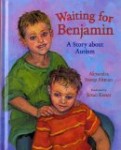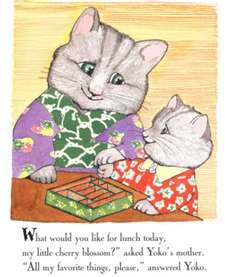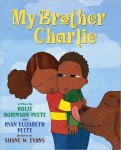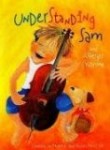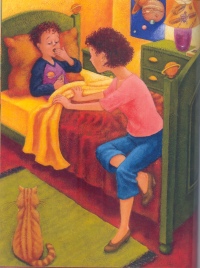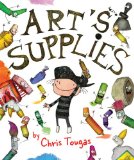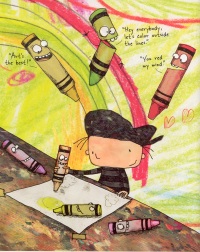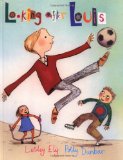 Looking After Louis written by Lesley Ely and illustrated by Polly Dunbar
Looking After Louis written by Lesley Ely and illustrated by Polly Dunbar
Autism picture book highlighting inclusion published by Albert Whitman & Company
You will also be interested in our page featuring picture books about Autism and Asperger Syndrome
When a new boy arrives at school, he is partnered with a girl who notices that he is not like the other children in the class. He often just sits and stares at the wall. If I ask him what he’s looking at, he says, “Looking at,” and keeps on looking.
Louis tries using his new friend’s crayons but she can’t decide what he is drawing and he can’t say. When they go outside for recess, Louis runs around with outstretched arms. He runs through the boys’ soccer game and annoys the players. When invited to join the children who are climbing on a tire, Louis does not move. He just stands and watches.
In the classroom, Louis sometimes echoes his Miss Owlie’s instructions. His classmates laugh when he sounds like her. His partner notes that he is granted more leeway to speak out than others would be given.
When one of the children arrives at school with a new soccer ball, Louis shows interest. His classmates join in the game and, each time Louis touches the ball, he is encouraged. Later in the day, Louis and the boy with the soccer ball are allowed to escape the classroom and enjoy an impromptu game.
When Louis’ partner talks with Miss Owlie about Louis, she asserts,
“I think we’re allowed to break rules for special people.”
Miss Owlie put her finger to her lips and nodded a tiny little nod that nobody saw but me.
We peeped through the classroom window at Sam and Louis’s Great Game… and I felt special, too.
An afterword, written by Kori Levos Skidmore, Ph.D. provides information about the advantages of inclusion for all children.
Readers will be interested to consider Inclusion vs Seclusion: A Review of Looking After Louis published in Disability Studies Quarterly. While Ms. Hirad’s comments are interesting, I am not sure that I agree with them. When Louis repeats his teacher’s instructions to, “Sit up straight, everybody.” The children laugh because he sounded just like Miss Owlie. The text does not imply that the children are laughing at Louis, they are laughing because he sounded like his teacher. In a happy, relaxed and tolerant classroom, this would seem to be a natural reaction. When Louis runs through the boys’ soccer game, one of the boys yells at him. Again, while not an ideal reaction, this is likely a typical response to the interruption of a recess soccer game. Finally, Ms. Hirad seems concerned that the classroom teacher has not labelled Louis as autistic. Surely, we do not require labels or even explanations in order to show understanding and tolerance.
Looking After Louis is written from the perspective of a classmate.
Looking after Louis at Amazon.com
Looking After Louis at Amazon.ca









